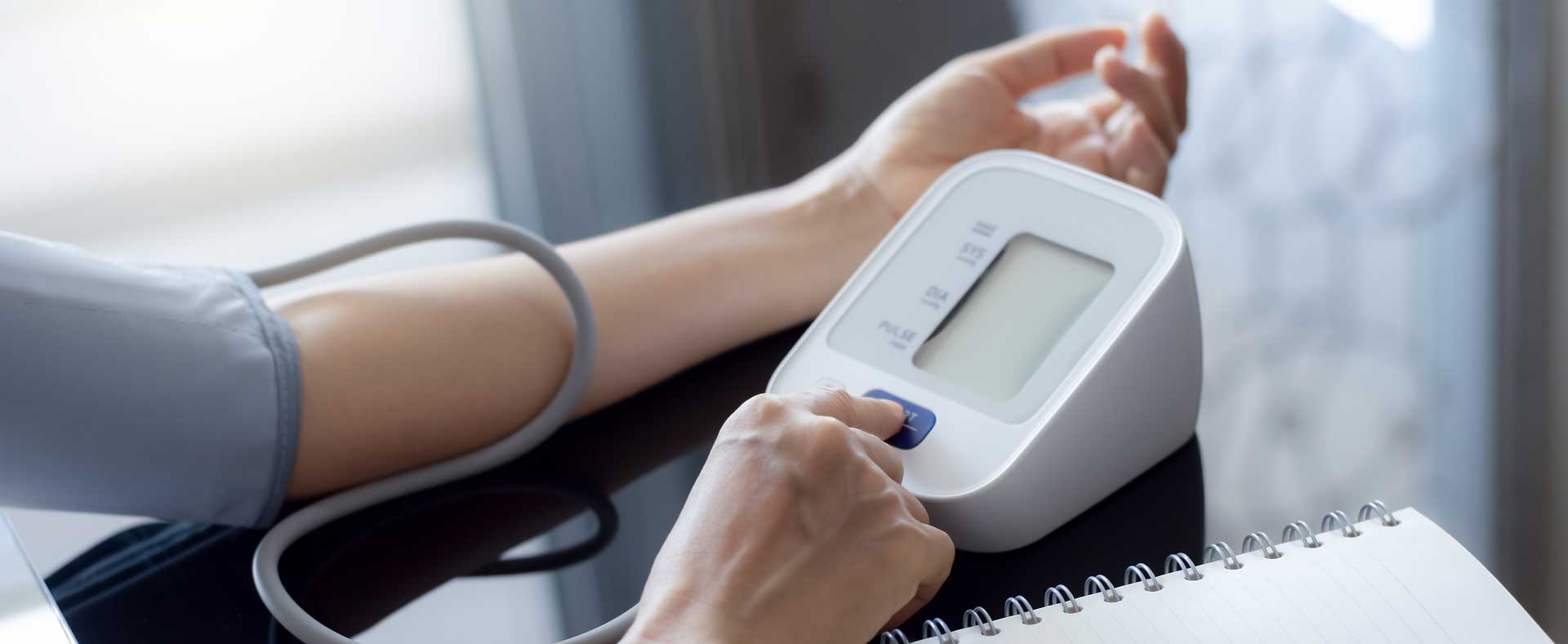Strokes – Understanding and Reducing the Risks
Stroke is the 4th single leading cause of death in the UK, and although many of us associate it with older people, a quarter of strokes happen in people of working age.
The major risk factors for stroke are outside of our control, such as age, ethnicity and family history. However, personal medical history and state of general health are also significant:
- High blood pressure is a contributing factor in half the strokes in the UK
- Diabetes is a contributing factor for 1 in 5 strokes in the UK
- High cholesterol can raise the risk of blood clots leading to stroke
Reducing the risks through lifestyle changes
You can reduce these modifiable risks by making positive changes to your lifestyle, for example:
- Stopping smoking
- Keeping alcohol intake to moderate limits
- Taking regular exercise (moderate exercise can reduce your risk of stroke by up to 27%)
- Having a balanced diet and cutting back on saturated fat and sugar
Blood pressure – know your numbers!
- All adults over 40 are advised to have their blood pressure checked at least every 5 years.
- Around a third of UK adults have high blood pressure, but many will be unaware of this.
- Identifying if you have high blood pressure, and receiving treatment for it, will significantly reduce your risk of heart attacks and heart failure, as well as stroke.
There are generally no symptoms of having high blood pressure, and the only way to find out is to have your blood pressure checked, which you can ask for at your GP surgery and some pharmacies, or to check it yourself at home with a home blood pressure monitor. (See the links below for advice on purchasing one of these).
Blood pressure is recorded with 2 numbers: the systolic pressure (higher number) is the force at which your heart pumps blood around your body and the diastolic pressure (lower number) is the resistance to the blood flow in the blood vessels. Everyone’s blood pressure will be slightly different but as a general guide:
- high blood pressure is considered to be 140/90mmHg or higher (or 150/90mmHg or higher if you're over the age of 80)
- ideal blood pressure is usually considered to be between 90/60mmHg and 120/80mmHg
For more information:
The British Hypertension Society (BHS) has information about validated blood pressure monitors that are available to buy.




